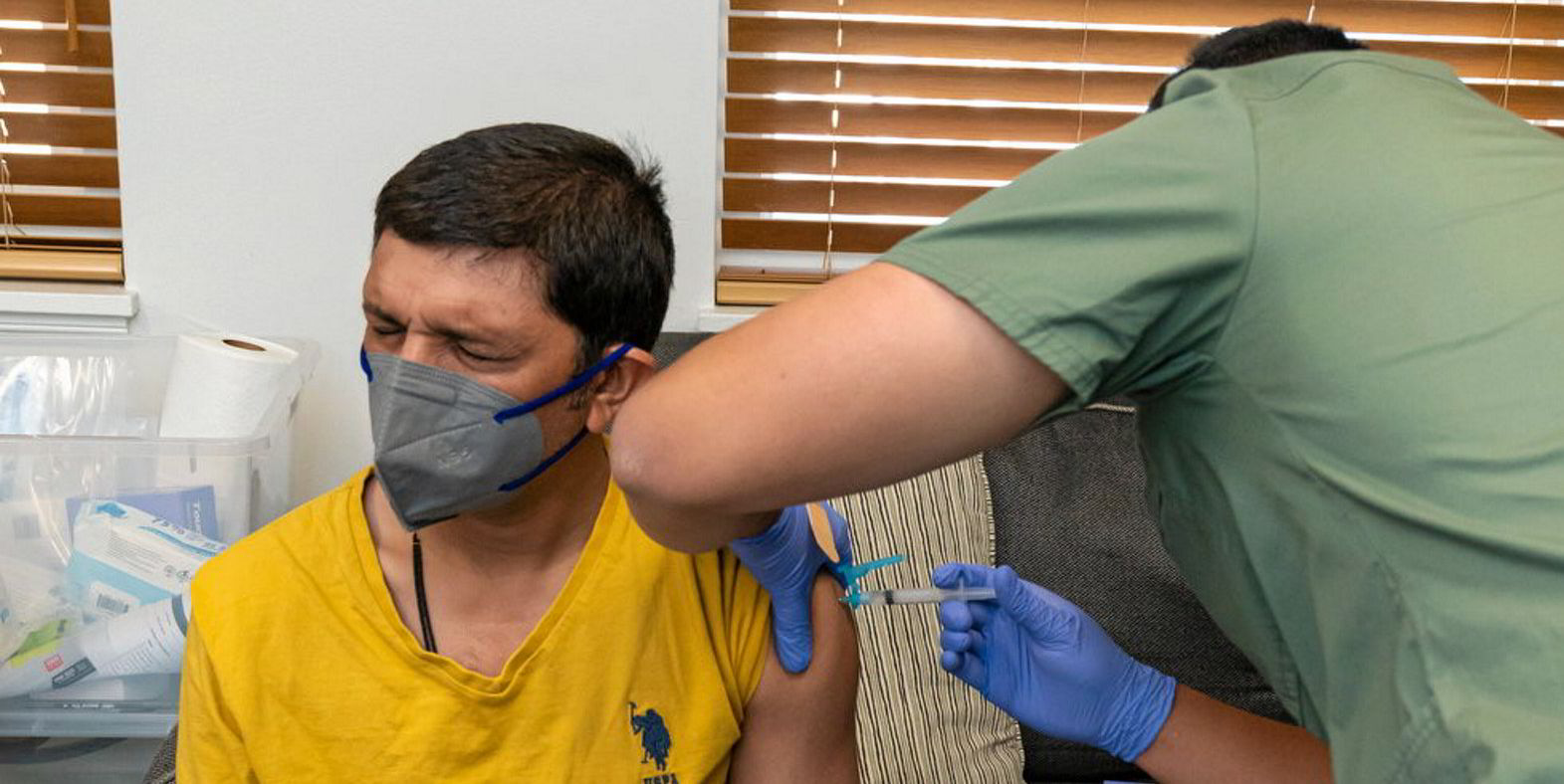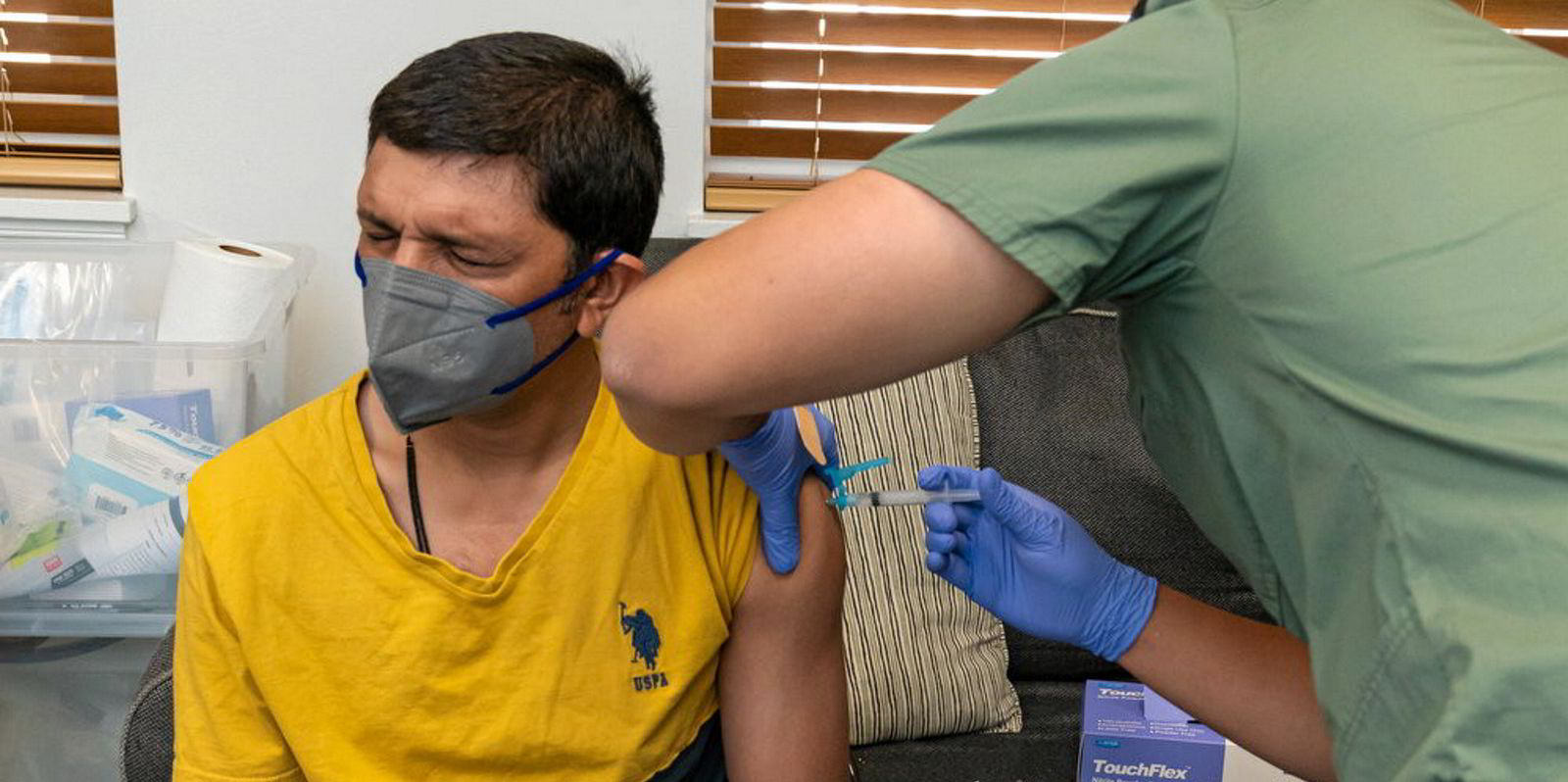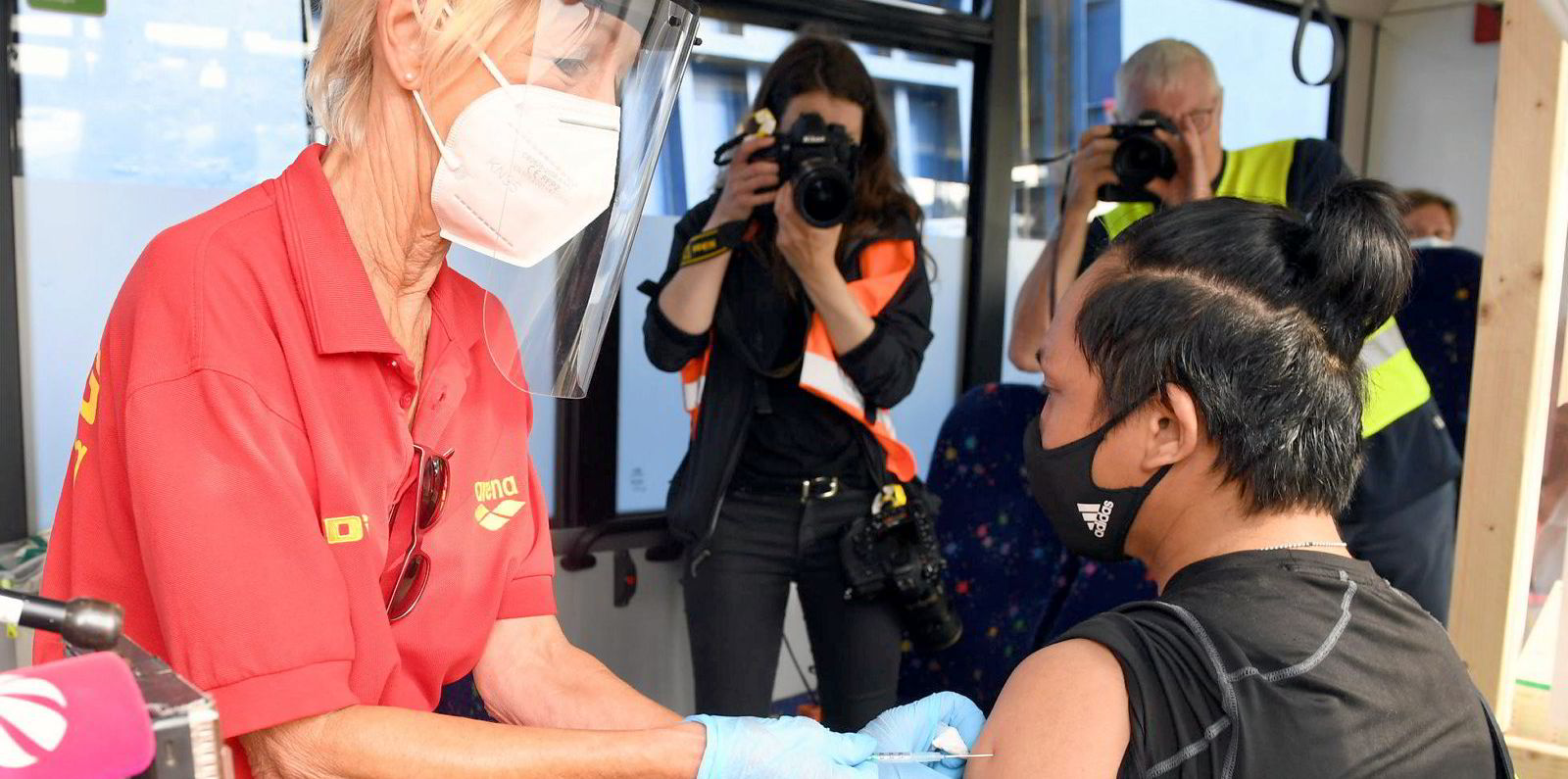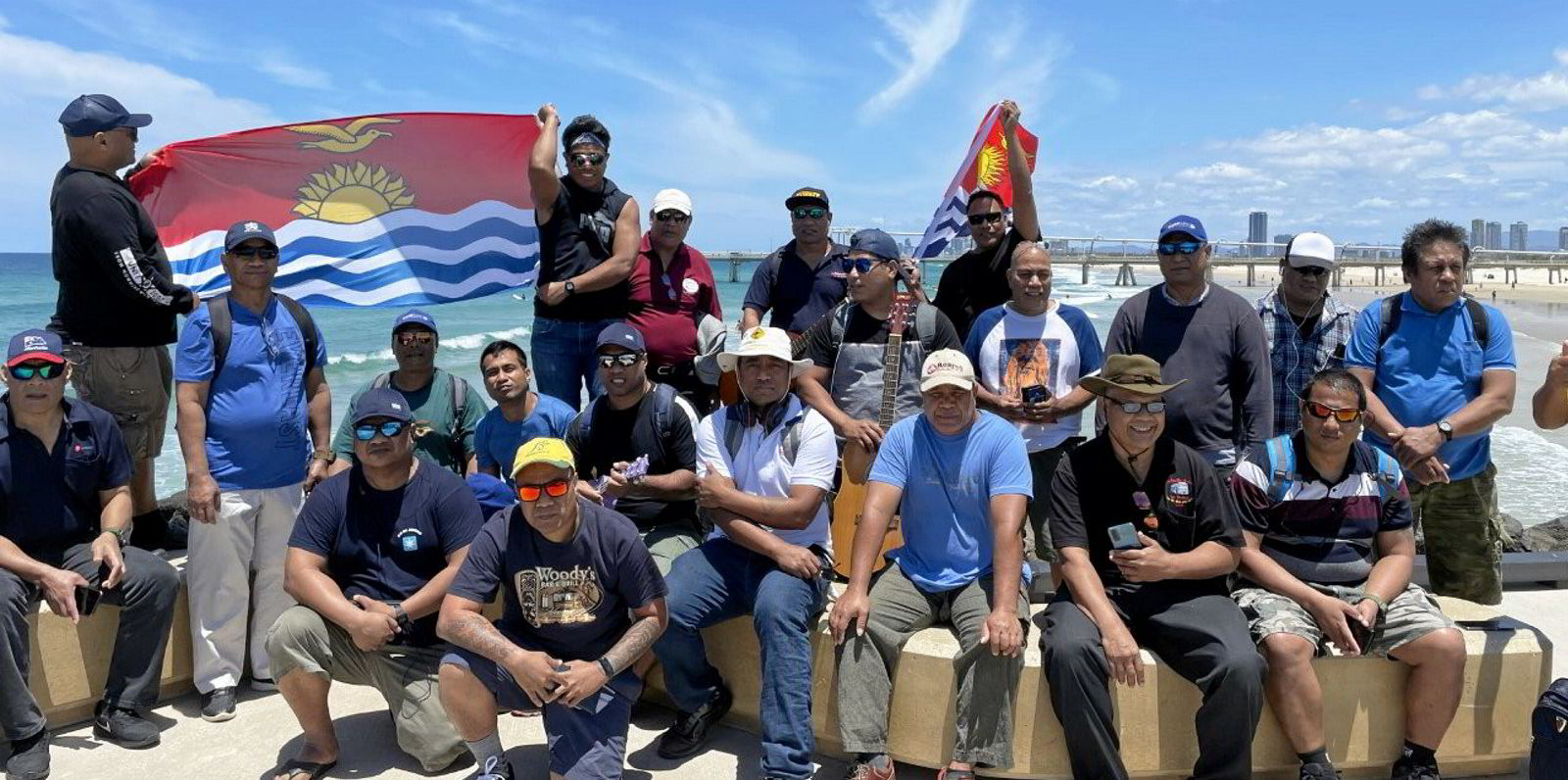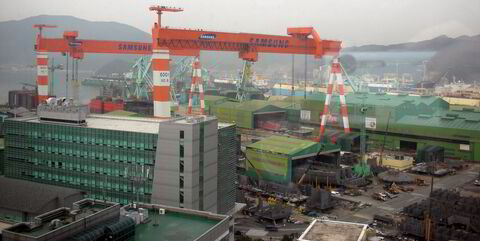Optimism that 2021 would see an easing of the Covid-19 crew crisis turned out to be wide of the mark, as governments continued to make life difficult for crew, and vaccinations did not solve the problem.
At the peak of the crisis this year, around 400,000 crew members were estimated to be affected by travel and quarantine restrictions.
Crews were often forced to work beyond the 11-month limit set by the Maritime Labour Convention 2006.
Natalie Shaw, director of employment affairs at the International Chamber of Shipping (ICS), said this year proved even more difficult than 2020.
"I would argue that in many ways 2021 has been even tougher, as I think in 2020 we all naively thought that the crisis would last for a maximum of six months," she said.
As the year comes to an end, she said problems accessing flights, quarantine facilities and medical care are still being experienced by seafarers on a "daily basis".
Back to square one
As the year nears its close, Anglo-Eastern chief executive Bjorn Hojgaard said earlier hopes of an end to the crew crisis were lost with the emergence of new variants. He fears the latest Omicron variant could bring the industry back to square one.
"That hope was dashed in April this year, when the Delta variant became the prevailing strain and many countries, in particular east of the Suez Canal, chose to tighten crew rotation further," he said.
"The situation today, eight months on, is not much better, and with the new Omicron variant still an unknown entity, it could potentially become even worse."
The latest figures by the Neptune Declaration, an industry-wide grouping formed this year to campaign on behalf of seafarers, show that there has been some easing in the crew crisis.
Crisis easing

The number of seafarers working beyond the expiry of their contracts dropped to 4.7% from 7.1% in November.
The number of seafarers working beyond the 11-month limit dropped from 1% to 0.7%.
Although the figures are improving, V.Group chairman Graham Westgarth — a key figure in the Neptune Declaration — said they have been inconsistent through the year, and crew continue to be faced with challenges.
Key workers
He suggested that the blame lies mainly at the door of governments. They have failed to live up to their promise that seafarers would be granted exemptions through their status as key workers.
On 1 December 2020, the UN General Assembly adopted the resolution to recognise seafarers as "key workers", Westgarth said.
"The reality is that, to date, some government agencies have not adopted measures which reflect that resolution. Given a year has passed, this should be a good time for the UN to review its practical impact."
Walk the talk
The ICS' Shaw argued that governments have been far too dismissive of seafarers.
"Despite a number of countries designating seafarers as key workers, they have failed to 'walk the talk' and paid lip service to supporting their needs," she said.
The situation still faced by seafarers today was summed up Anglo-Eastern's Hojgaard.
"When they do get into their job, they do so without family-sailing, oftentimes without shore-leave, having to guess if their contract duration will be honoured, and in the chilling knowledge that should they get injured on the job, many nations refuse to take them ashore to treat them. How is that even possible?" he asked.

Concerns that seafarers would be denied vaccines did not materialise after the US made Covid-19 jabs available to them in May. Vaccination centres were then established at key ports around the world.
While an increasing percentage of seafarers are vaccinated, there are still differences between countries over vaccine approvals.
"A lack of standardisation in Covid-19 vaccine approvals leads to seafarers having nationally approved vaccinations that are not recognised internationally," Westgarth said.
The problem has been complicated by the Omicron variant.
"The emergence of new strains changing geography and now rising cases again in Asia and Europe leave us in very uncertain times with no real understanding of how much longer we will face real difficulties," Shaw said.
Westgarth added that the shipping industry now needs to see a common international acceptance of vaccines with standardised booster intervals.
He would also like to see "sensible" travel and transit requirements for seafarers that meet international standards. That would include an international recognised seaman’s book that could serve as a visa across borders.
